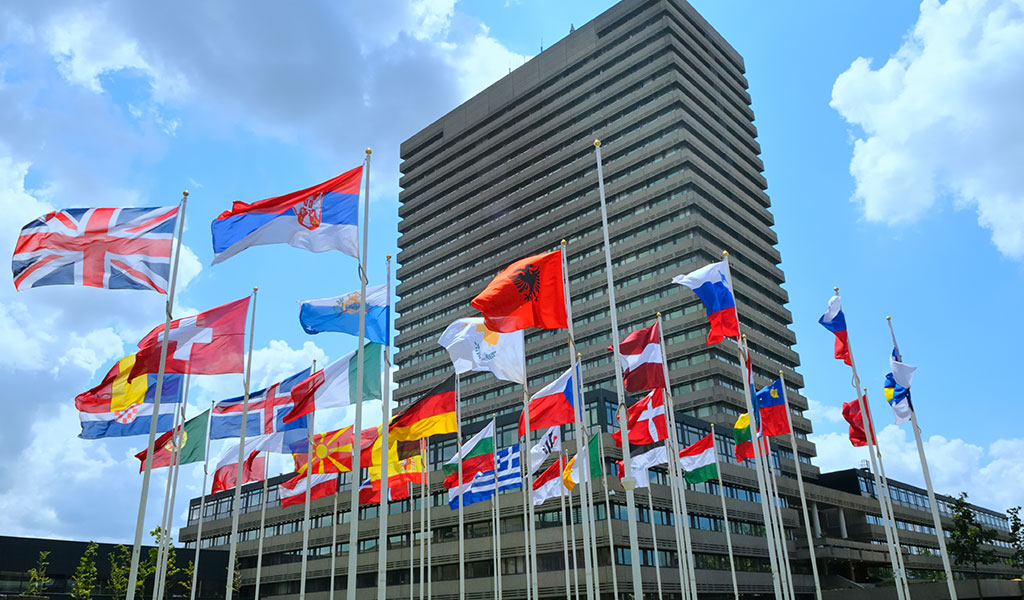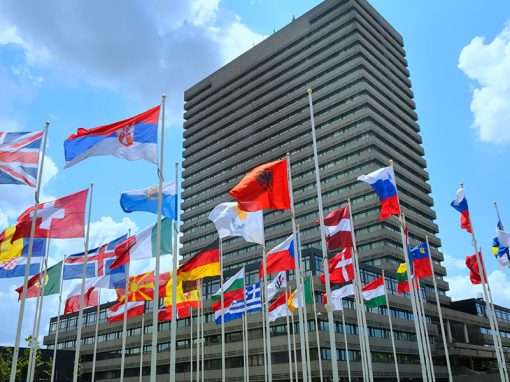Introduction
Following our article on the Unitary Patent System (UPS) and whether to opt in or out, we have received a number of enquiries from our client in this regard.
Although some critical details of the new system are still yet to be decided we have put together some of these queries together with our answers.
Questions
When will the Unitary Patent System take effect?
This is currently unknown. The system will come into force once the UPC Agreement has been ratified by 13 member states, which must include the UK, Germany and France. At present the “best guess” is mid-2016.
Once the system is in place, when must the Applicant decide whether to “opt in” or “opt out”?
Firstly, the “opt out” is a feature of the transitional provisions and the transitional period will last for 7 years initially, with a possible extension for another 7 years. The “opt out” applies to European patents which are not part of the Unitary Patent System, as all UPS patents must be governed by the Unitary Patent Court (UPC).
It is possible to “opt out” at any time before proceedings are initiated. Similarly, for a patent which has been “opted out” it is possible to opt back in, again at any time until proceedings are initiated.
There will be a cost associated with this “opt out” and the level of this fee is not yet known, although it is likely to be not insignificant.
On the question of whether to “opt out” there are two schools of thought; either to “opt out” to avoid an untested system, or to stay in and influence the system.
What are the advantages and disadvantages in opting in?
The advantages in opting in are that any proceedings relating to the patent will be heard in a court system specifically designed to decide on issues relating to infringement and validity of European patents.
By being one of the first parties involved in a UPC case, influence may be had over the system.
The system is centralised and thus one decision will cover the whole of the European Union and it will not be necessary to bring actions in other jurisdictions. This should have advantages in terms of costs and time.
The disadvantages are that the system is as yet untested.
It is not known how “patent friendly” the court will be, nor whether they will be able to meet the requirements of the court system initially and thus how long an action will take.
The judges are being selected from all over Europe, and will have a range of backgrounds associated with national provisions. Training is being provided, but there must be some doubt as to the consistency of decisions, at least at first.
It is also a potential disadvantage that if an action is lost, it is lost in all member states that belong to the Unitary Patent System and thus any action represents a greater risk to the patentee.
Can you proceed towards grant under the centralised EP system and then “opt out” once notice of intention to grant has been issued?
Yes. The prosecution of an application using the EPO will continue without any significant changes until grant. Thus the application will be processed as a single application as currently.
However, on grant there will be an option to validate either centrally, as a unitary patent, or in some or all of the individual national countries.
A transitional arrangement will also be in place initially for central validation. During this time the patent must be translated into English, if this was not the language of the proceedings, or into French or German, if English was the language of the proceedings. Following expiry of the transitional provisions for validation, currently 12 years, no translations will be required as machine translations will be available.
The costs associated with national validations will remain essentially as they currently are, with some countries requiring no further translation, some countries requiring translation of the claims and some countries requiring translation of the whole specification.
Unitary patents must be renewed annually with the fee being payable to the EPO. The level of this fee is yet to be set. The phase being used is that this fee will be “more than you hope, but less than you fear”.
The level of this renewal fee will be a factor in deciding whether to validate centrally or in individual national countries, particularly if the patentee wishes to maintain protection in a moderate number of countries.
Why are Italy and Spain not part of the system?
Italy and Spain have not joined the system as they do not agree with the unitary nature of the system and the centralised decision making. In addition they were concerned about the translation requirements and provisions. It is notable that neither country is a party to the London Agreement whereby translation requirements for validation of European patents were reduced.
Spain in particular has challenged the UPS but so far at least these challenges have not been successful.
It is possible that when (and if) the system is a success Italy and Spain will subsequently join.
Will there be a different validation process in Italy and Spain once the UPS comes into force?
The validation process in Italy and Spain will remain as it currently is, i.e. filing a translation of the patent as granted in the local language at the local Patent Office.
Annual renewal fees will continue to be payable to the Italian and Spanish Patent Offices.
What are the advantages of using the EP system over direct national applications?
The advantages of using the EP system over direct national applications are that the EP system requires the filing of a single application, which is prosecuted to grant. Usually this results in a patent which has the same scope in all of the countries which are a party to the EPO.
The disadvantages are that if the application fails at the EPO no protection will be obtained in any EPO contracting state.
A potential disadvantage is that when the new Unitary Patent System is running, all patents prosecuted though the EPO will be subject to the Unitary Patent Court. As discussed above, this system is as yet untried but it is hoped that it will prove to be an excellent forum.
The advantages of filing in national Patent Offices throughout Europe is that the prosecution in each country can be directed to the situation in that country. In addition the failure of an application in one country does not necessarily mean the failure in all countries.
In addition it is possible to select simply the countries in which the patent will be most relevant for the applicant.
Another advantage is that once the patent has granted, only the national court system can be used for invalidity and revocation actions. These systems are well known and experienced. However, increased familiarity with the system should be offset again the potential cost of litigation in several countries.
The disadvantages are that prosecution must be carried out all the countries in which the application is filed, which makes the prosecution more burdensome and potentially costly. This may result in repetitious prosecution in the different countries and is generally more expensive that the EPO system, unless only one or two national applications are filed.
Is a mix of both EP and national applications possible?
Yes. The only proviso is that double patenting is not permitted. Thus if an application is filed at the EPO and national patents are filed in the UK and Germany, for example, on grant (assuming this is achieved for all applications) either the national patents must have a different scope to the EPO patent, or either the EPO designations in the UK and Germany must be withdrawn, or the national patents in these countries withdrawn.
When will the fees for the Unitary Patent System be published?
Discussions are ongoing with regards to the level of the fees at present but as yet no announcement has been made. It had been hoped that the level of the fees would be announced during 2014 as it was expected that the system would come into force in early 2015. The timetable has been pushed back and there is still no indication on when the fee structure will be announced.
Final Comments
As discussed above some critical details of the UPS are yet to be confirmed and we anticipate providing further advice on this matter closer to the start date. In the meanwhile we are happy to discuss these issues with any of our clients.









